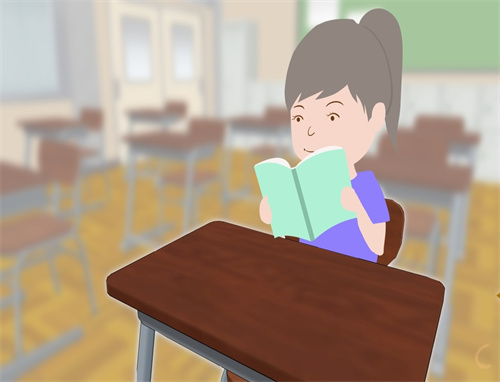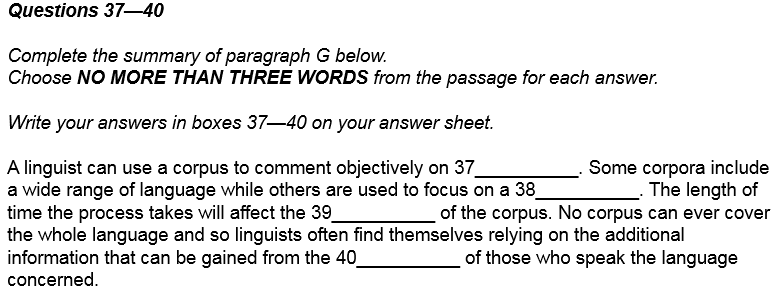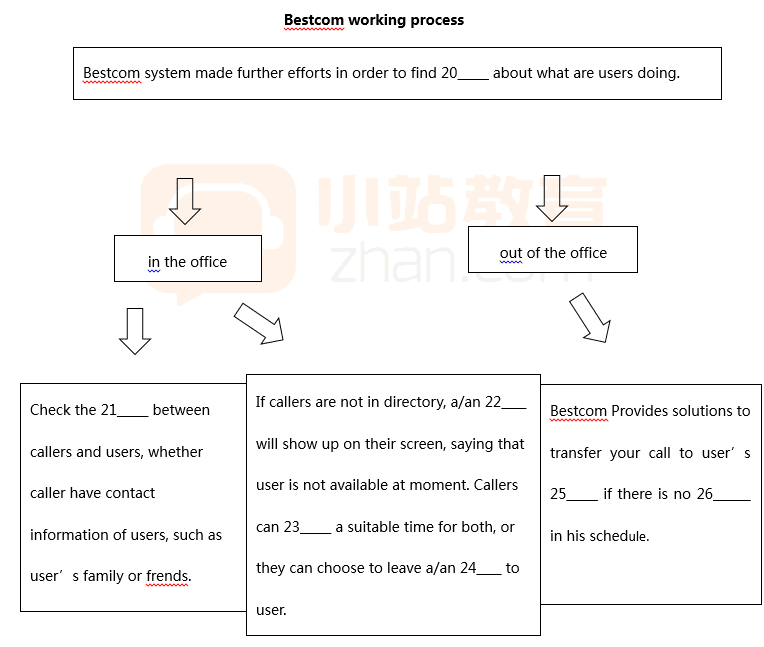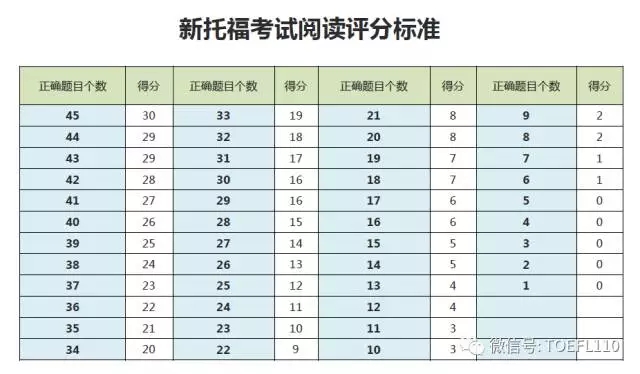解答雅思阅读题有没有顺序呢?如何做题才能更加有效率呢?下面小编就和大家分享雅思阅读的做题顺序,希望能够帮助到大家,快来一起学习吧
雅思阅读的做题顺序
一、首先决定要以什么样的顺序做题。
真正的雅思阅读考试并不是想象中的由易到难,很有可能一开始的文章就很难。设想,如果用30分钟先解决一道难题,再用剩下的30分钟去完成两道简单的题目,效果注定不好!试举剑桥4中TEST 2 为例,三篇文章分别 “lost for words”, “alternative medicine in Australia”, “play is a serious business”.乍一看第三篇文章题目是最简单的,实际上它反而是最难的。
二、题型决定做题顺序,而不是题目。
“lost for words”题型分别是:summary, 人名理论matching, yes/no/not given. “alternative medicine in Australia”题型分别是:multiple choices, yes/no/not given, 填空题. “play is a serious business”题型分别是:信息段落配对,多选多,人名理论配对。初步分析题型后还可以细化,理清做题思路。第一篇文章难度适中,summary 属主旨类型题建议先做,同时可以把人名全部找到以节省时间。matching题中出现五对五配对还有NB。第二篇文章题目虽难但是引言部分交待很清楚,属简单的题目。填空题实属数字游戏,整篇文章完全按顺序出题。第三篇文章难度系数较大,信息段落配对难把握,之后的人名理论配对干扰选项过多,从一开始相当于八选一。这样分析下来,我们的做题顺序应该是“Passage 2/1/3”。
三、掌握雅思阅读技巧,灵活运用。
题型没有绝对的难易之分,对其他考生难也许对你反而容易,要结合自己的实际情况。可以先做送分题“表格填空,图形题,完成句子”。在五大主流题型中,配对题比较费时,其中信息和段落配对最花时间,建议放在最后。而作为主旨的heading 和summary 可考虑先做,因为完成主旨题型后文章大致的内容和结构都可以掌握,对于细节题的定位会方便很多。
雅思阅读材料:阿根廷三眼神鱼引热议
说实话,看到张图的时候下了我这一大跳,心想:这难道是《生化危机》的新作,还是愚人节的玩笑!可是又仔细看了一下,两者都不是,是discovery频道的新闻!由于核辐射造成的基因突变导致了原本两只眼睛的鱼生出了3只眼睛,这无疑印证了那句话——科技是一把双刃剑。人类不能停息的脚步,加速着对于赖以生存的自然资源的践踏,有三只眼睛的不只是鱼,还有跟二郎神一样的人类自身。
A three-eyed fish was caught in a reservoir in Argentina, reported Cadena 3, an Argentine news service。The fishing hole where the mutant fish was caught may be more of a fission hole. The reservoir, named “Chorro de Agua Caliente,” receives water from a nuclear plant in the province of Córdoba。
"Simpsons" fans will recall the same thing happened in Springfield. Bart caught Blinky, a three-eyed fish, in the pond fed by Monty Burn's nuclear power plant in the episode “Two Cars in Every Garage and Three Eyes on Every Fish,” from the second season of the hit series。
Though no official examinations have been completed, the fishermen think the mutant's proximity to the nuclear plant is a little fishy。Like Burns in the "Simpsons" episode, the fishermen don't have the stomach for three-eyed fish. They plan to submit it for testing, then have it preserved。
雅思阅读材料:“我”不离口的人更易患抑郁症
德国卡塞尔大学的研究人员发现,说话时频繁使用人称单数代词“我”的人更容易受抑郁和焦虑症困扰,且不善人际交往。研究人员对15名男士和103名女士就其过去的经历、恋爱经验以及自我感知进行了访谈,他们中大部分人正在接受抑郁症的治疗。访谈结果发现,说话爱用“我”字的人抑郁更严重,且在人际交往中也有障碍;这些人更渴望别人的关注,且无法独处。与之相对的是,说话喜欢用“我们”的人在社交活动中更加能够把握分寸,拥有更加健康的社交生活。
People who say 'me', 'myself' and 'I' frequently are more likely to suffer with depression and anxiety, according to new research.
Scientists at the University of Kassel, Germany, found that people who use first-person singular pronouns the most are more likely to be depressed than those who tend to use plural pronouns, such as ‘we’.
The researchers, led by Dr Johannes Zimmerman, interviewed 15 men and 103 women, most of whom were being treated for conditions such as depression and anxiety disorder.
The interviewers asked the participants about their past, their relationships, and their self-perception, according to Medical Daily.
They found that people who say 'me' and 'I' 'tend to be more depressed, and that they also have more difficulties with interpersonal behavior such as interacting in a group of people.
For example, these people were more likely to attention-seek and to be unable to spend time alone.
By contrast, those who use words like ‘we’ a lot were better at maintaining appropriate social boundaries in their relationships while still having a healthy social life.
Dr Zimmerman told Medical Daily: ‘Using first-person singular pronouns highlights the self as a distinct entity whereas, using first-person plural pronouns emphasize [being part of] social relationships.’
As a result, Dr Zimmerman believes that people who use the singular pronouns tend to be needier.
雅思阅读的做题顺序相关文章:
★ 学习资料库
★ 2020雅思复考指南收好这份“听说读写”全攻略
★ 学习资料库
★ 学习资料库
雅思阅读的做题顺序
上一篇:怎样做才能提高雅思阅读效率呢
下一篇:雅思阅读考试失分点






